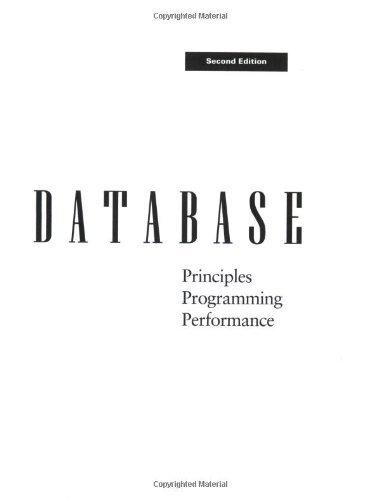Question
To secure and safeguard information, strategies for managing or monitoring access to information must be in place. You are already familiar with some access-restricting techniques
To secure and safeguard information, strategies for managing or monitoring access to information must be in place. You are already familiar with some access-restricting techniques such as passwords, encryption and so forth. You have also probably used smartcards at some point to gain access. You might also have used fingerprint authentication to access a device, identify yourself, record attendance or open a gate.
Biometric technology can recognise and grant access to people based on physiological traits such as fingerprints, faces and even DNA. Today, it can also recognise behavioural characteristics such as how you walk or speak. Clearly this has benefits for physical security, but how can biometric technology be used to fight cybercrime and cyber-related crimes?
- Analyse how you could use biometric technology to defend against cybercrime and cyber-related crimes in your own work environment, or one that you are familiar with.
- Analyse specific examples of biometric technology used in cybersecurity. Be sure to give a brief summary of how that technology works to provide context.
- Use your analysis to evaluate these security measures and explain why they are, or are not, effective.
Step by Step Solution
There are 3 Steps involved in it
Step: 1

Get Instant Access to Expert-Tailored Solutions
See step-by-step solutions with expert insights and AI powered tools for academic success
Step: 2

Step: 3

Ace Your Homework with AI
Get the answers you need in no time with our AI-driven, step-by-step assistance
Get Started


